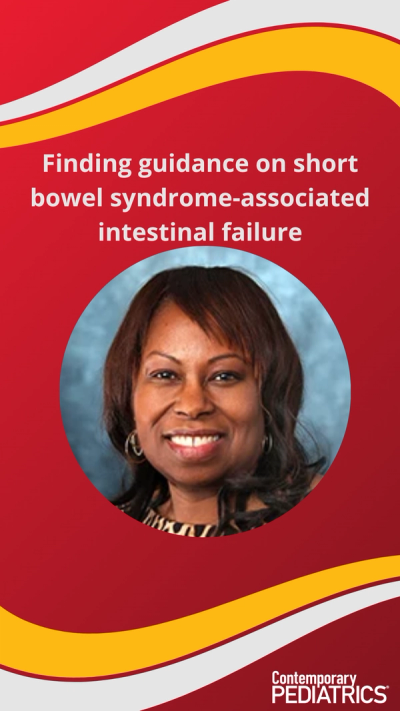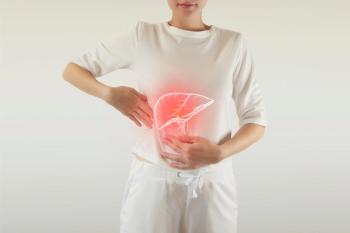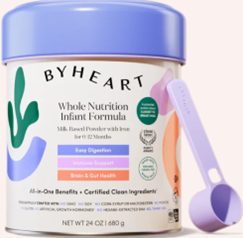
Gastroenterology
Latest News
Video Series
Latest Videos
Shorts







CME Content
More News

Long-term analysis of the PEDFIC studies presented at NASPGHAN 2025 demonstrated sustained reductions in bile acids and pruritus with odevixibat in FIC1 deficiency.

At NASPGHAN 2025, investigators presented 52-week safety data from an ongoing phase 3 trial of linaclotide, the first approved treatment for patients aged 7 and older with IBS-C.

FDA approves first irritable bowel syndrome with constipation (IBS-C) treatment, linaclotide (Linzess), for children aged 7 years and older based on pediatric and adult trial data.

If approved, this UC indication would add to pediatric indications of ustekinumab for psoriasis and active psoriatic arthritis.

Decline in maternal smoking linked to fewer US newborns with gastroschisis, highlighting benefits of public health efforts.

Pediatricians play a crucial role in preventing early-onset colorectal cancer by promoting healthy diets and fiber intake among children.

The revised labeling will warn that patients younger than 6 years taking these medications are at greater risk of weight loss.

Though the decision will not meet the June 17, 2025, target date, the federal agency anticipates a decision within approximately 4 weeks.

Get caught up with Contemporary Pediatrics! This list helps you navigate our top stories from the week, all in one place.

According to the agency, it is seeking public input to "determine whether existing nutrient requirements should be revised based on latest scientific data."

Maternal avocado consumption during pregnancy was linked to significantly lower odds of infant food allergy at 12 months.

In this article, we recap our top stories, expert interviews, and Q+A discussions from the 2025 Pediatric Academic Societies meeting.

One step will be a partnership with the National Institutes of Health to research how food additives impact children's health.

"We are getting away from biopsies to diagnose CD, which makes diagnosis even easier, said Jon Matthew Farber, MD.

Breastfeeding for 6 months was linked to fewer developmental delays and neurodevelopmental conditions, supporting current recommendations.

In the United States, maralixibat (Livmarli; Mirum Pharmaceuticals) is approved to treat both ALGS and PFIC, now in liquid and tablet formulations.

While these concerns are often rooted in misinformation, they offer an opportunity to guide families back to the evidence.

Distinguishing between food allergies and intolerances is crucial.

In the phase 3 TRANSCEND trial, setmelanotide met the primary endpoint of a statistically significant and clinically meaningful BMI reduction compared to placebo.

Fathers who took 2 or more weeks of leave after the birth of their infant were more likely to report longer breastfeeding duration.

The federal agencies are encouraging companies to develop new infant formulas and clarify opportunities to inform consumers about formula ingredients.

At the 2025 NAPNAP National Conference, Maureen Madden, DNP, CPNP-AC, CCRN, FCCM, FAAN, provides the key takeaways and recommendations for glycemic control guidance, updated in 2024.

On World Obesity Day, take this short quiz and test your knowledge of the AAP's clinical practice guideline to evaluate and treat children and adolescents with obesity.

Colleen Sloan, PA-C, RDN, emphasizes the importance of learning to spot added sugars, compare portion sizes, and recognize misleading marketing claims to give patients a practical tool to take ownership of their health.

The human, pasteurized human milk fortifier is approved for term infants (> 37 weeks) following corrective surgery for the gastrointestinal disorder gastroschisis.



















